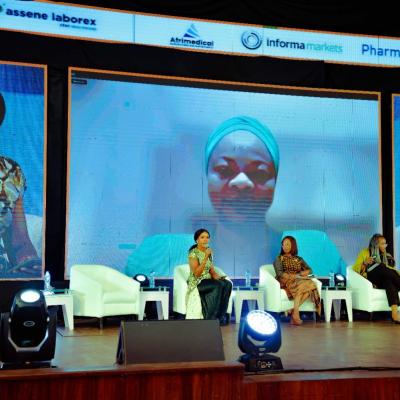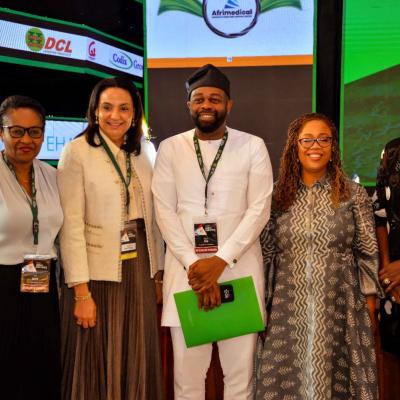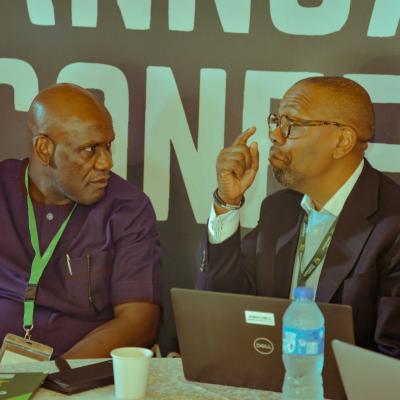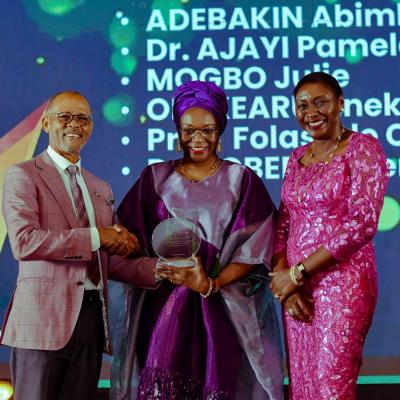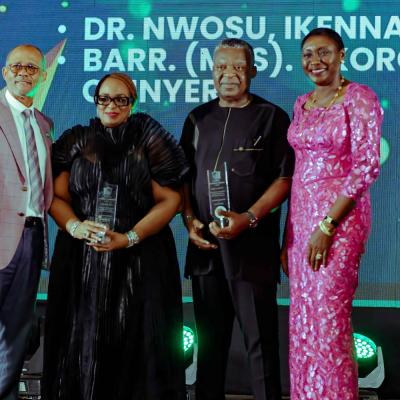According to the World Health Organisation (WHO), it is estimated that over 200 million couples world-wide do not use contraceptives, despite warnings to space or limit their childbearing. The Organisation said “Every day, 1,600 women and more than 10,000 newborns die from preventable complications during pregnancy and childbirth. As the first pillar of safe motherhood and essential component of primary health care, the Organisation said family planning plays a major role in reducing maternal morbidity and mortality.
In recognition of the family planning importance, the ministers of health of various countries adopted a framework in 2005-2014 for accelerated action to reposition family planning on national agenda and in reproductive health services. The framework, developed by the WHO regional office for Africa, in collaboration with its partners, calls for increased efforts to advocate the recognition of the pivotal role of family planning in achieving health and development objectives at all levels.
The Nigerian government, according to former minister of health, Professor Onyebuchi Chukwu, was not left out in the advocacy of family planning. The mister said, “In the late 1980s, the federal government adopted and implemented many policies and strategic plans including the National Population Policy for Development, National Reproductive Health Policy and Strategic Plan, National Reproductive Health Commodity Security Strategic Plans and National Guidelines on Contraceptive Logistics Management System.
“In recent time, the federal government also took urgent steps towards creating the required favorable and conducive environment for the delivery of and access to high quality health services by Nigerians in their different localities. “Some of these steps included the Midwife Service Scheme, the policy on free contraceptives and life-saving maternal/reproductive health commodities, accelerated implementation of activities around the long-acting reversible contraceptive methods, task shifting with appropriate supervision of the community health extension workers, creation of budget lines and increased funding for key activities such as the procurement and distribution of required reproductive health commodities, as well as an increase in collaboration with the private health sector in health care delivery, among other interventions.
“The Nigeria family blueprint, as a continuation of aforementioned steps, represents the avowed determination of the federal government to put in place a broad but well articulated strategy that holistically addresses existing gaps in the provision of high quality family planning services to Nigerians of reproductive age.” The blueprint, no doubt was designed in such a way that would reach Nigerians nationwide. To increase family planning use by Nigerians from 15 to 36 percent, it requires state level leadership interventions.
In Lagos state for instance, the state government recently revisited the issue of family planning as a means to ending maternal mortality in the state. This can be seen in the creation of additional family planning clinics located in Shomolu, Alimosho local government areas and the state secretariat staff clinic.
Despite all these achievements by the Lagos state government, the National Population Commission and ICF International reports on family planning in Lagos as at 2014 shows that “The percent of married women who use contraception in Lagos decreased from 49.6 to 48.3 percent. 12 percent of all married women do not want to have a child, but are not using family planning. Most family planning users rely on traditional methods, like rhythm method or withdrawal, which have high failure rates, leading to unintended pregnancies. The most popular method of family planning in Lagos is the condom, one of the least effective modern contraceptives.”
Stakeholders who spoke with LEADERSHIP said the reason why family planning has not been effective in the state is because of the challenges confronting its implementation in the state. Family planning coordinator, Lagos state ministry of health, Mrs Juliana Okanlawon identifies some of the challenges as lack of data from private sector, non-availability of consumables in primary health care facilities to provide optimal services thus leading to missed opportunities, shortage of manpower in government health facilities, staff attrition/indiscriminate deployment of staff, training gaps of health workers, late data rendition from some secondary health facilities, too many data tools to be completed by few available health workers, users fees introduced for family planning services, a very wide gap between knowledge and the use of family planning and sub-optimal demand creation for family planning services.
The way forward for Okanlawon is for the Lagos state government to see the need to identify the private health sector as big opportunity for the state scale-up in family planning and also, community involvement and outreaches are key towards achieving increased family planning uptake. She advised the government to develop specific family planning blueprint for the state, while urging advocacy groups in Lagos to advocate to policy makers on the need to provide consumables for the family planning services free of charge.She pointed out on the need to resuscitate community based distribution in local government areas with low family planning uptake. Aligning to what Okanlawon said, the program manager, reproductive health/family planning, Pathfinder International, Dr. Habeeb Salami said one key barrier to family planning in Lagos is the out of pocket cost of consumables, including gloves, surgical blades and other supplies associated with the provision of modern contraception.
The way forward, according to Salami is for the state government to allocate and disburse public sector funds for family planning consumables in pursuit of the Lagos state blueprint goal. By so doing, he said the government would not only increase family planning use, but will ultimately save the lives of women and children, and will also advance the country’s overall development. He said, “specifically, all 57 local government areas/local council development areas should allocate funding for family planning consumables in the annual budget, disburse/spend allocated funds as intended and scale up training and counselling on the provision of modern methods of family planning, particularly the most effective and low-cost methods.”
Source:Leadership Online

 The family planning blueprint aspires to increase family planning use from 15 to 36 percent nationally by 2018. Despite the widely acclaimed benefits of family planning, the Lagos state family planning structure has over the years been marred with some challenges. ODIRI UCHENUNU writes.
The family planning blueprint aspires to increase family planning use from 15 to 36 percent nationally by 2018. Despite the widely acclaimed benefits of family planning, the Lagos state family planning structure has over the years been marred with some challenges. ODIRI UCHENUNU writes.

